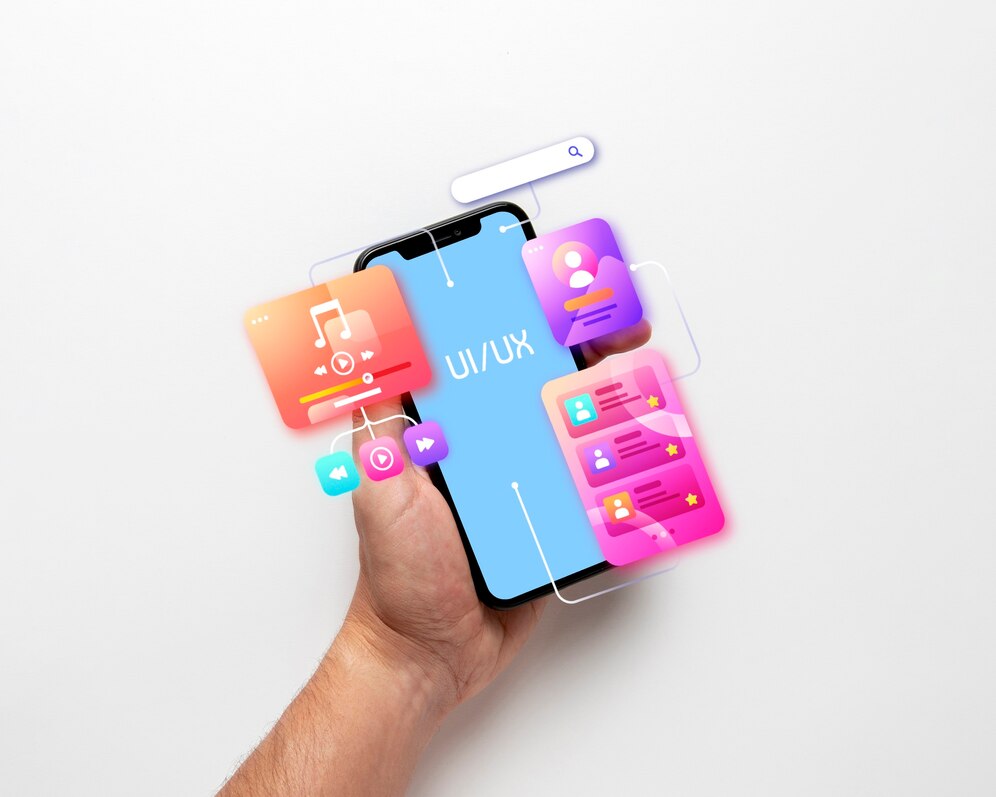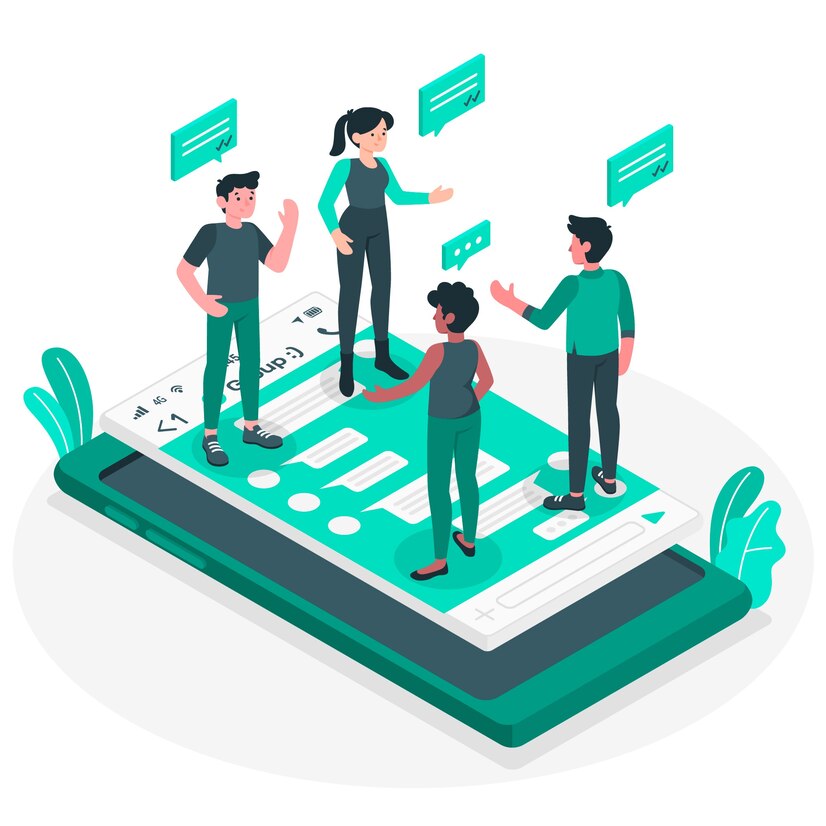How to Effectively Manage a mobile app development Project
Managing a mobile app development project is an intricate process that requires careful planning, coordination, and execution. Whether you are building an app for business, entertainment, or utility, successful project management is crucial to delivering a high-quality product on time and within budget. This article will explore how to effectively manage a mobile app development project, with a focus on the role of mobile app developers.
Setting Clear Goals and Objectives

The first step in managing a mobile app development project is to define the goals and objectives clearly. Before a single line of code is written, it’s essential to understand what the app needs to achieve. This requires thorough discussions with stakeholders to gather input on business requirements, target audiences, and the app's overall functionality. Mobile app developers a clear understanding of these objectives to build an app that aligns with the business goals. A well-defined project scope will help ensure that all parties involved, includingmobile app developers, have a shared vision of the final product. Having a roadmap in place helps to prevent scope creep, which can lead to delays and unexpected costs.
Assembling the Right Team ofMobile App Developers

Choosing the right team of mobile app developers one of the most critical aspects of project success. A skilled team can turn a simple idea into a successful app, while an inexperienced team can struggle with even the most straightforward tasks. When selecting mobile app developers, it’s important to focus on their technical expertise, previous work, and familiarity with the technologies relevant to the project. mobile app development often requires expertise in multiple areas, such as UI/UX design, back-end development, testing, and deployment. Some developers may specialize in one area, while others may have full-stack development capabilities. Depending on the app’s complexity, you may need to bring in specialized developers or a team with a broad range of skills. It’s also important to create a culture of open communication and collaboration within the team. Regular meetings with mobile app developers help ensure that the project is on track, and that any issues or challenges are addressed promptly.
Budgeting and Resource Allocation

Proper budgeting is another essential aspect of managing a mobile app development project. The cost of app development can vary depending on the complexity of the app, the platform (iOS, Android, or both), and the development team’s location and expertise. A clear budget needs to be established at the start of the project, with allocated funds for various stages of development, including design, development, testing, and marketing. While it may be tempting to cut corners to save money, compromising on development quality can result in delays, bugs, and poor user experiences. It's better to allocate a realistic budget from the start to ensure that mobile app developers have the resources they need to deliver high-quality work. Regular budget reviews throughout the development process will help track expenditures and prevent overspending. It’s also essential to include contingency funds to account for unforeseen challenges or changes in the project scope.
Planning for Development Phases

A successful mobile app development project is built on a solid development process, which usually involves several phases, including planning, design, development, testing, and launch. Each of these stages requires effective management to ensure timely delivery and quality outcomes. In the planning phase, themobile app developers to analyze the project requirements, set timelines, and break the project into smaller, manageable tasks. This phase includes wireframing, identifying the app’s core features, and determining how the app will function. Developers should be involved in this stage to provide insight into technical feasibility and potential challenges. Once the planning phase is complete, the design phase begins, which involves creating the app's user interface (UI) and user experience (UX). Collaboration between developers and designers is crucial during this stage to ensure that the final product is both functional and visually appealing. During the development phase,mobile app developers the lead in writing code, integrating APIs, and building the app’s features. Clear communication between developers and project managers is essential during this stage to ensure that milestones are met and any roadblocks are addressed promptly. Testing is another critical phase in the development process. Mobile app developers must rigorously test the app for bugs, usability issues, and performance glitches. This phase also involves beta testing, where real users provide feedback to identify potential improvements before the official launch. Finally, the launch phase involves submitting the app to app stores, implementing marketing strategies, and monitoring user feedback. Even after launch, developers must remain involved to fix any post-launch issues and provide ongoing updates and maintenance.
Communication and Collaboration

Effective communication is the backbone of any successful mobile app development project. From the initial planning phase to post-launch maintenance, clear and consistent communication between project managers, stakeholders, and mobile app developers essential. It’s important to establish regular check-ins and status updates to ensure everyone is aligned with the project’s progress. Tools such as project management software, instant messaging, and video calls can streamline communication and keep everyone on the same page. Regular meetings help in addressing any challenges before they snowball into major issues and enable the team to stay focused on the project's goals. The collaboration between developers and other team members, such as designers, marketers, and quality assurance testers, plays a key role in the project's success. By creating an environment where team members can freely share ideas and provide feedback, the project manager ensures a higher-quality final product.
Risk Management and Problem-Solving

Every mobile app development project faces its own set of challenges. These can range from technical hurdles to changes in user requirements or unexpected delays. It’s essential to anticipate potential risks and have a plan in place to address them. Regularly assessing risks throughout the project allows project managers and mobile app developers to take proactive steps to mitigate issues before they become significant problems. Being flexible and adapting to changes is also crucial in a fast-paced development environment. Having contingency plans in place, such as additional resources or backup schedules, can help keep the project on track even when obstacles arise. By staying calm, focusing on solutions, and working together as a team, most problems can be resolved efficiently.
Conclusion

Managing a mobile app development project is a multifaceted task that requires careful planning, coordination, and execution. A successful project involves defining clear goals, assembling the right team of mobile app developers, budgeting effectively, and managing each stage of the development process. With effective communication, collaboration, and risk management, mobile app development projects can be delivered on time, within budget, and with high quality. By focusing on these best practices, project managers can ensure the success of their mobile app development projects, resulting in a product that meets user needs and delivers business value.






